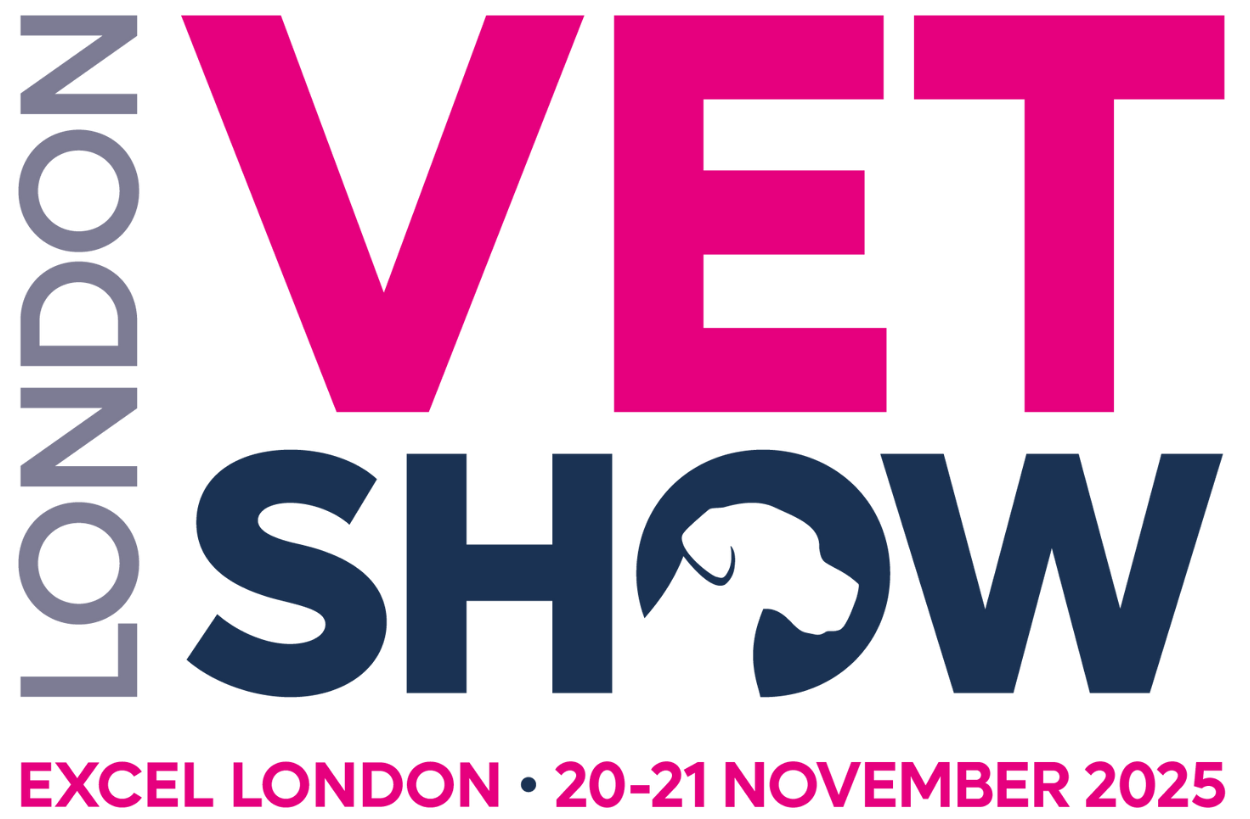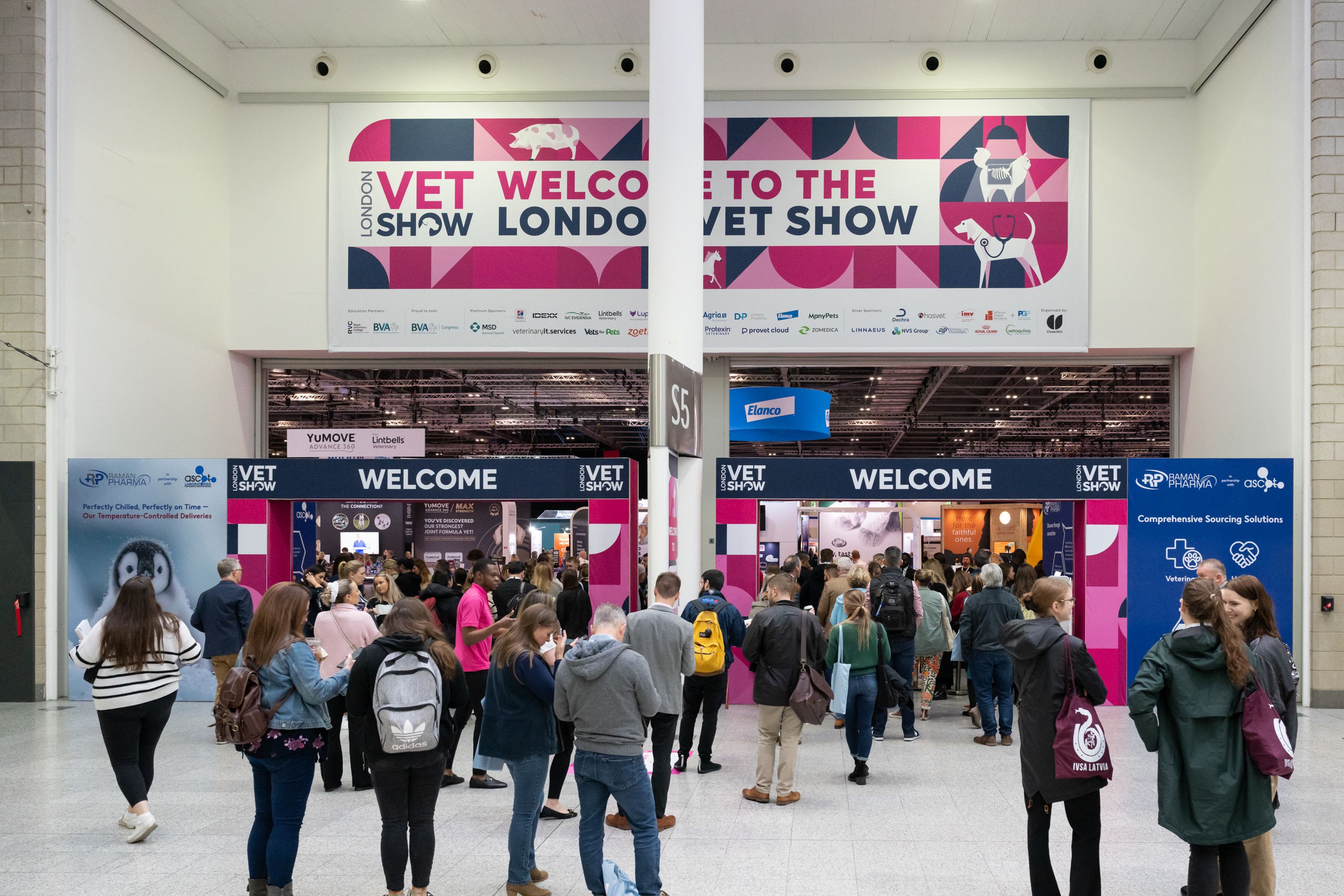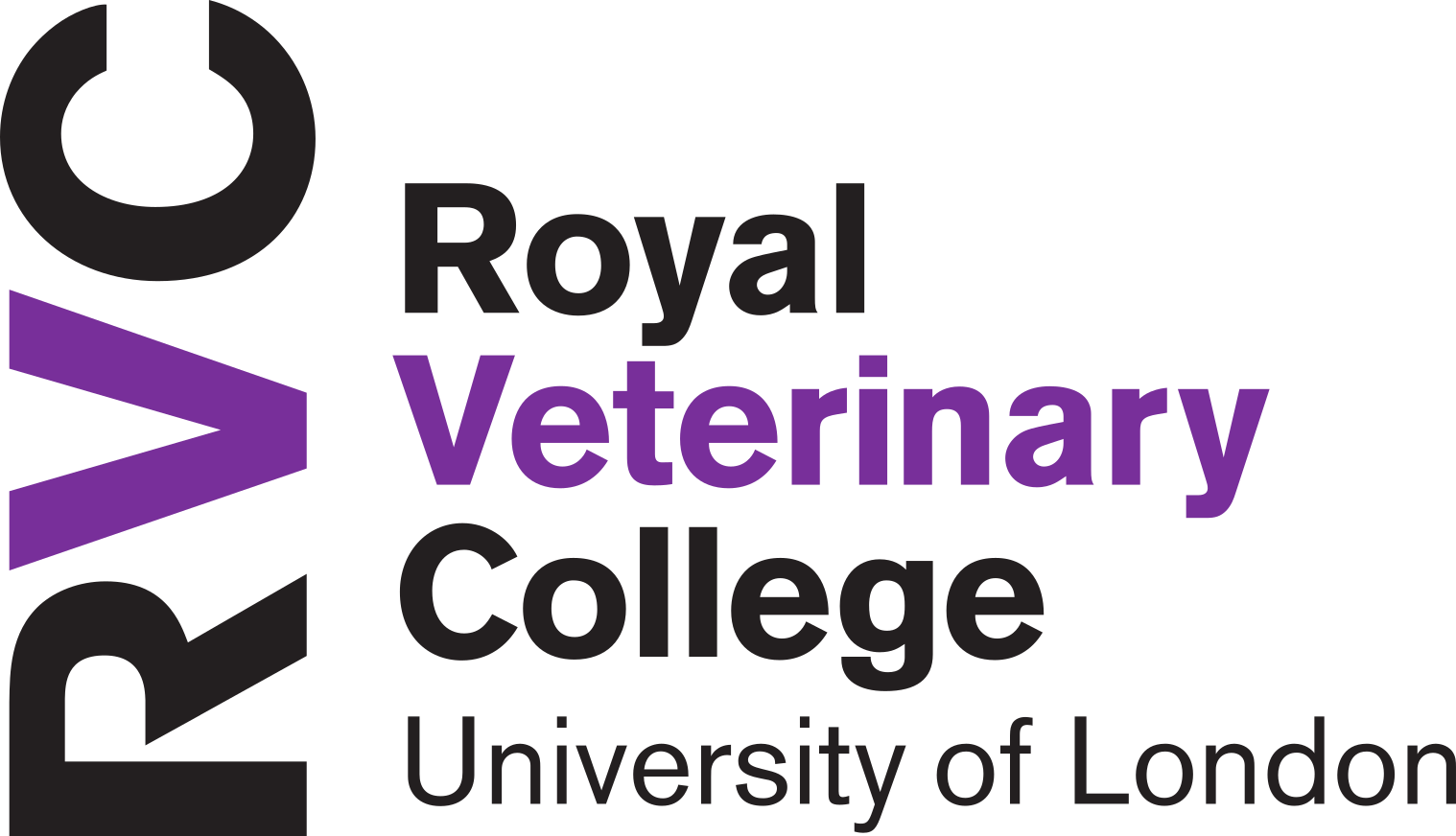Managing the patient with GDV: Before, during and after surgery

Gastric dilatation volvulus (GDV) represents a dire surgical emergency necessitating immediate recognition and intervention. Affected patients typically present in a severely compromised state, warranting focused therapeutic efforts geared towards stabilisation. This entails promptly identifying and addressing various shock-inducing factors through a balanced approach to fluid resuscitation, gastric decompression, arrhythmia management, and optimisation of analgesia.
Diagnostic evaluation commonly involves obtaining a right lateral radiograph to confirm GDV, with gastrocentesis reserved as a secondary measure due to the potential presence of gastric dilation without volvulus. The optimal timing of surgical intervention has been subject to recent debate; while brief delays (>5 hours) in surgical initiation may be permissible, surgery should ideally proceed once the patient achieves stability and the surgical team is available. A staged approach, involving an initial anaesthetic phase for decompression and gastric derotation via orogastric intubation followed by a subsequent corrective surgery, has also been proposed but necessitates careful patient-centered consideration.
Surgical intervention aims at assessing the viability of gastric and splenic tissues, with gastrectomy and splenectomy performed if warranted. Additionally, gastropexy, which is indispensable for preventing recurrence, is invariably undertaken. Given the variability in gastropexy techniques, surgeons should employ the method with which they are most proficient.
Reports indicate survival rates ranging from 64% to 83% for dogs undergoing treatment for GDV, with outcomes influenced by the decision to pursue euthanasia preoperatively. Nonetheless, despite the relatively favorable survival rates, a subset of patients remains critically ill post-surgery, necessitating vigilant monitoring and intensive care in the following days.





)
)
)
)
)
)
)
)
)
)
)
)
)
)
)
)
)
)
